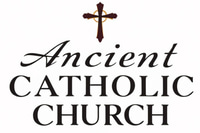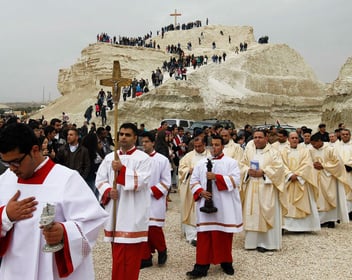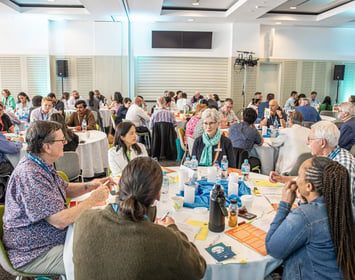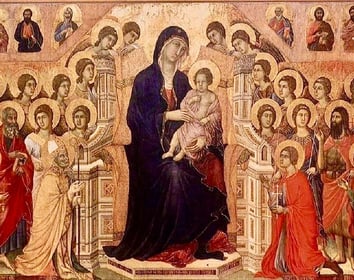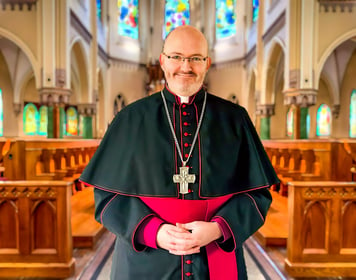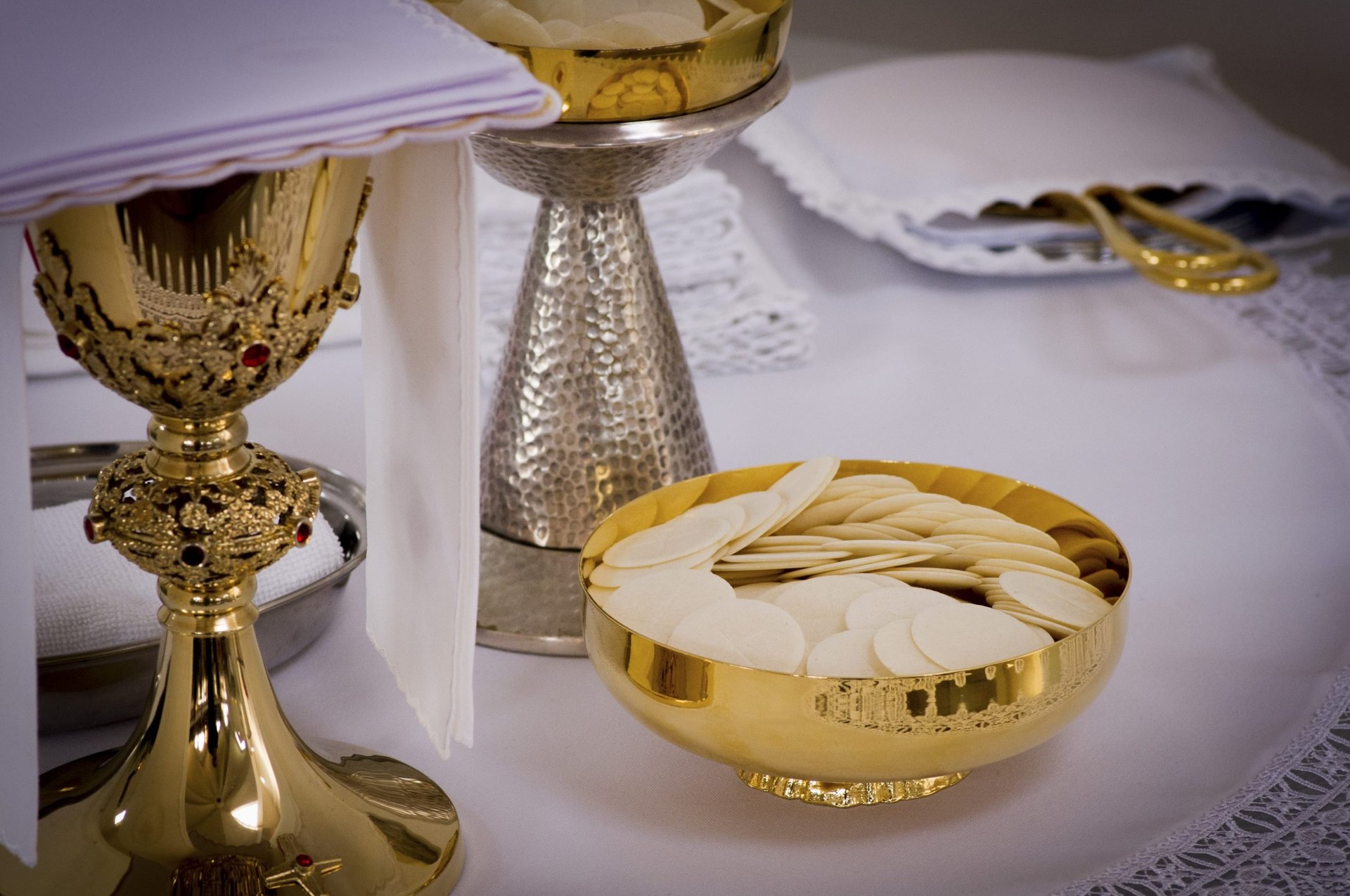
A 12th Century Legacy
While the church might not be in full communion with larger bodies, like the Roman Catholic Church, its insistence on a rigoursly maintained succession validates its ministry.
Welcome
The Ancient Catholic Church is a part of the wider communion of the Ancient Apostolic Church, led by Cardinal Khern Oliver and upholds established laws. It is a community that proudly carries forward the rich heritage of the Roman Catholic tradition while embracing a spirit of inclusivity and family. As part of our mission, we invite everyone—regardless of background, gender, or beliefs—to join us in worship and togetherness.
5 Million
Members Worldwide
Canonical Validity Through the Catholic Church
At the Ancient Catholic Church, we proudly affirm that our priesthood is canonically valid—a legacy linking us directly to the ministry of the apostles. Rooted in an unbroken line of apostolic succession, centuries of papal teaching and governance uphold our clerical lineage.
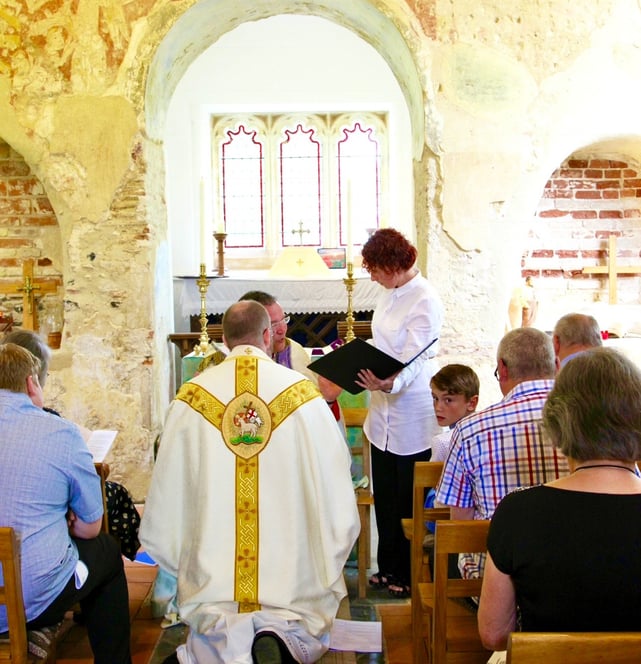

Upholding Apostolic Succession
Foundational documents, such as the 2000 encyclical Dominus Iesus and historic bulls like Omne Datum Optimum, state that a valid priesthood must derive its authority from the apostles and preserve the authentic administration of the sacraments.
We exclusively use the Liturgy of the Catholic Church for all public ministry, ensuring that every public celebration of the sacraments meets recognised liturgical norms. Furthermore, the Pontifical Romanum is employed in the ordination of all deacons, priests, and bishops. This practice secures an honourable connection with the vast history of Catholic tradition, serving as a tangible link to our shared ecclesiastical heritage.
In addition, while our public worship adheres strictly to these established forms, our clergy enjoy the freedom to explore a wide variety of ancient and modern liturgies during private Mass and adoration. This flexibility enriches personal devotion while reaffirming our commitment to a living, dynamic faith.
By integrating these time-honoured principles with rigorous canonical oversight, the Ancient Catholic Church stands astride centuries of Catholic history, theology, and tradition—a legacy made possible through the Independent Church Movement of the twelfth century. We continue to honour our sacred heritage while offering a vibrant expression of the apostolic faith.
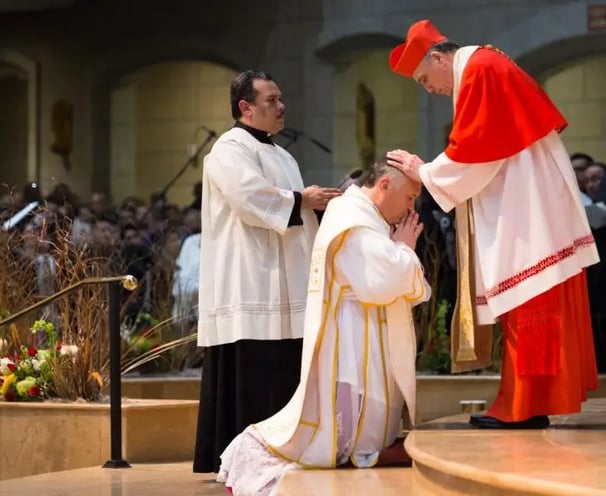

A Place of Worship for All
At the Ancient Catholic Church, we celebrate the timeless values of faith rooted in ancient traditions. We draw from a variety of liturgies, including both the Novus Ordo and the ancient liturgies of the Roman Catholic and Orthodox Churches, allowing us to create services that are meaningful and relevant to our diverse community, responding to the needs of the faithful.
Our dedicated clergy, who come from various occupations, commit their time and energy to serving others. Together, we strive to nurture a sense of belonging and connection among all those who come through our doors.
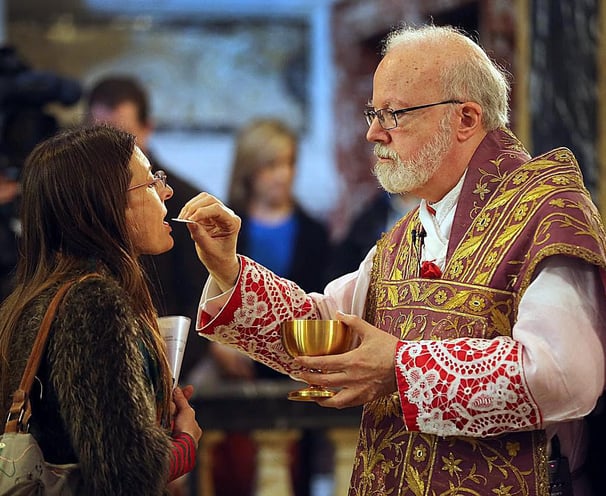

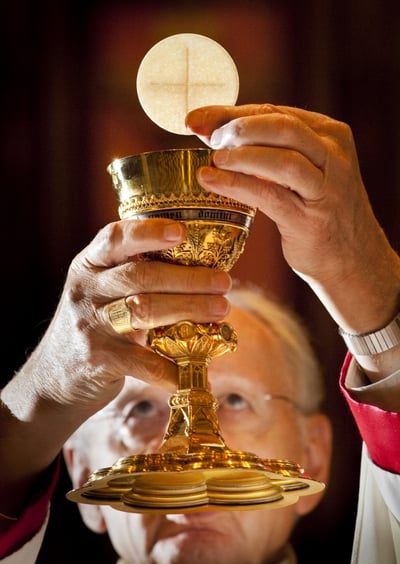

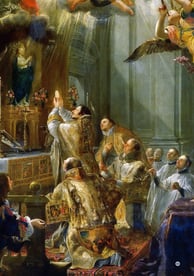

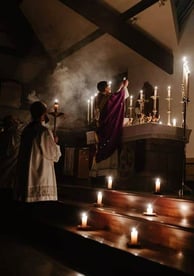

Uncovering the Legacy of Ancient Catholicism
The Ancient Catholic Church represents a continuation of Ancient Catholicism—a tradition that holds its own unique authority within the Christian faith. This heritage has survived through centuries of rich history, which can be traced back to the Biblical Priesthood of Solomon. Our teachings reflect the principles of this ancient faith, passed down through generations.
As part of our efforts to reconnect with our roots, we embrace a wide spectrum of ecclesiastical traditions beyond those recognised by the Roman Catholic Church. Our community exists alongside various independent churches, which also adhere to Old Catholicism, Reformed Catholicism, and Liberal Catholicism. Acknowledged by the Vatican as a legitimate and canonical movement, our sacraments and holy orders are recognised as valid, allowing us to walk confidently in faith.
Medieval Renewal in the Independent Church Movement
The Independent Church Movement began during the medieval period, emerging as communities sought to reclaim an authentic expression of the early Christian faith. In the 12th century, efforts to revive the ancient priesthood—often symbolised by groups like the Knights Templar—laid the groundwork for churches that operated independently of the centralised Roman Catholic authority. This movement emphasised a return to the practices and beliefs of the first-century Church, stressing the importance of valid apostolic succession and genuine sacramental life.
The Ancient Catholic Church shares this historical spirit. It claims its roots in the same early traditions, upholding the idea that the true expression of Christianity comes from an unbroken link to the apostles. By preserving ancient liturgical practices and a rigorous sacramental ministry, the Ancient Catholic Church reflects the core values of the Independent Church Movement. In essence, it serves as a modern continuation of this movement’s goal—maintaining a living, authentic connection to early Christian heritage while adapting to contemporary pastoral needs.
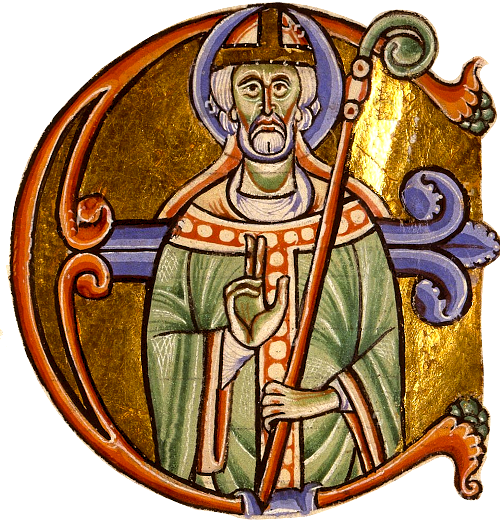

Sacramental Ministry
In the Ancient Catholic Church, sacramental ministry means more than symbolic rituals—it is a way to share and confer divine grace. The church offers the traditional sacraments such as Baptism, Eucharist, Matrimony, and Confession. Each rite is intended not only to mark important moments in a believer’s life but also to provide a real encounter with the sacred.
The church’s liturgy is carefully crafted to reflect practices that date back to the apostolic age. By upholding stringent canonical norms and combining them with a pastoral focus, the church ensures that its rituals are both meaningful and deeply rooted in early Christian teaching. This approach makes the experience of participating in the sacraments both profound and relevant today.
The church’s liturgical celebrations are modelled on traditions that date back to the apostolic age. By adhering to established canonical practices with a strong pastoral focus, the church ensures that its rites are both genuine expressions of early Christian tradition and relevant to contemporary life. The approach is a blend of steadfast ritual observance and compassionate ministry, making each sacrament a living tradition.
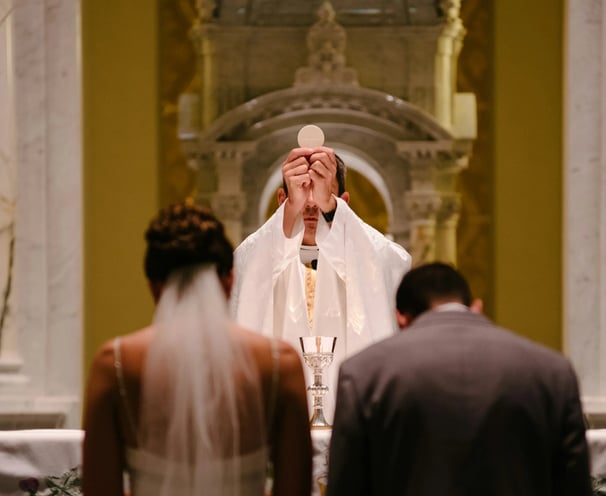

Bridges Between Denominations
One of our core missions is to foster ecumenism, which means promoting understanding and cooperation among different Christian denominations. We believe that by building relationships with other churches and faith communities, we can create a more unified and supportive environment for all believers.
Join Us in Faith & Community
At the Ancient Catholic Church, we are a living testament to the vibrant tapestry of the Catholic faith throughout history. We invite you to join us on this journey of exploration, where every voice is valued, tradition honoured, and every person matters. Together, we can cultivate a sense of belonging and shared purpose, embracing the richness of our shared faith.
Whether you are looking for a new church home or simply wish to learn more about our community, we warmly welcome you to join us for worship and fellowship. Let us come together to celebrate our diverse backgrounds and share in the timeless traditions that unite us all.
In harmony, we can create a brighter future for ourselves and generations to come. We look forward to meeting you and sharing in the joy of faith together!

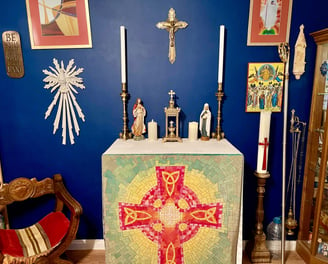
For those interested in exploring further, additional study of early Church writings, medieval renewal efforts, and comparative liturgical practices can be found on this website and provide deeper insights into how ancient traditions continue to shape modern faith communities.
A Place for Everyone
About the Ancient Catholic Church
Fostering faith, inclusion, and compassionate service within a vibrant community and beyond.
Who Are We?
The Ancient Catholic Church is a community that proudly carries forward the rich heritage of the Roman Catholic tradition while embracing a spirit of inclusivity and family.
Governance
The ACC operates under a structured and inclusive governance model that reflects its commitment to apostolic tradition, pastoral care, and community engagement.
Archbishop Felix Gibbins is the spiritual leader and Primus of the Ancient Catholic Archdiocese of the United Kingdom, and the seventh successor of St Felix of Dunwich.
Meet Archbishop Felix
Safeguarding Policy
Data Protection Policy
Spiritual Formation Policy
Our safeguarding policy reflects the Church’s mission to be a safe haven for all, especially children, young people, and vulnerable adults.
Dedicated to protecting the privacy and personal data of its clergy, seminarians, staff, parishioners, and associated parties in accordance with (UK GDPR).
The policy is intended to nurture a deep, authentic relationship with God and to prepare candidates for a lifetime of service steeped in the wisdom of the Church Fathers/
Ancient Catholic Church
Embracing faith, inclusion, and compassionate service together.
ST THOMAS AQUINAS SEMINARY
© 2025. All rights reserved.
QUICK LINKS
